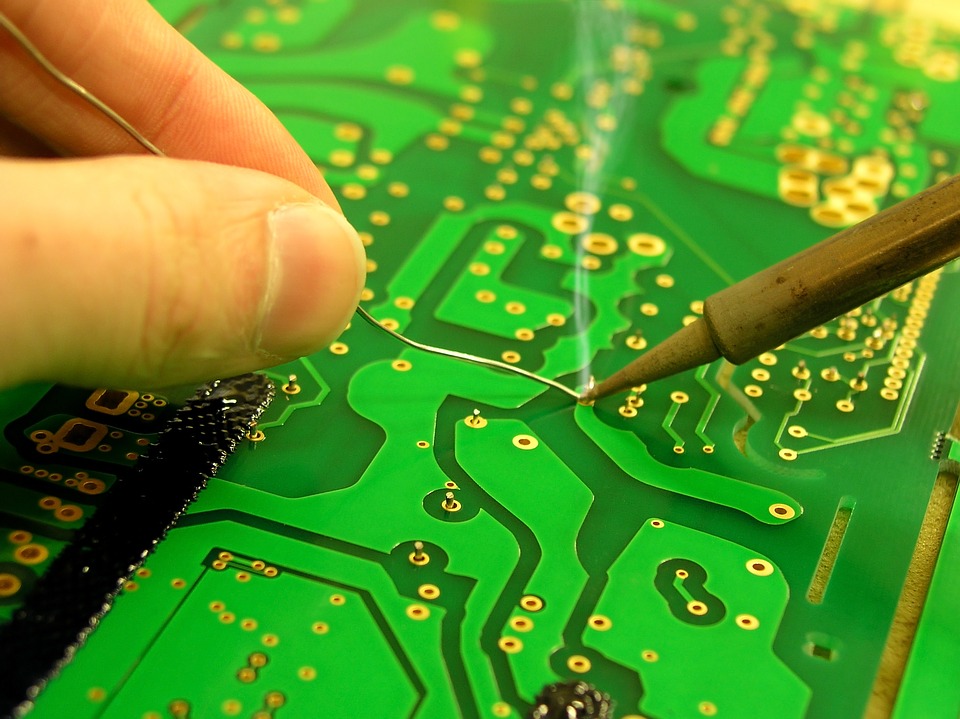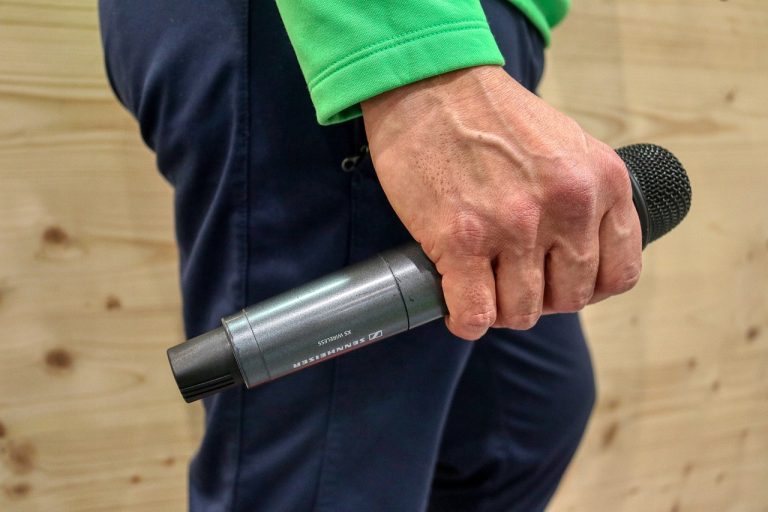Printed circuit boards (PCBs) make up for key electrical components. Even if the term PCB has never crossed your mind before, chances are, you have interacted with a PCB before. They find use in many applications including medical devices, consumer electronics, lighting, automotive equipment, industrial components, just to mention a few.
To guarantee efficiency and improve the assembly process, factory floor technicians should be accorded with regular training. Sure, your company might have a series of standardized methods of doing PCB assembly but if you don’t insist on consistent training, your line technicians might utilize different assembly methods in the long run ultimately compromising your quality of service.
On-Site Training Enhances Formal Training
Most PCB assembly companies have standardized methods, which they teach or train their staff on. However, potential changes get implemented in a more ad hoc manner. As a result, line technicians of such companies end up using different and incompatible methods of assembly. Electronic companies that heavily rely on PCB assemblers should implement on-site training to make sure that everything from the onset of the design process is centered on manufacturability. They do this to guarantee quality services for their clients — to address consumer needs.
For example, if your bill of quantities contains multiple different part numbers, you will have to assign pick-and-place machines to help finish the order. Unfortunately, most PCB assembly companies don’t have enough resources to purchase redundancy equipment. This is the precise reason why you need on-site training. When your line technicians know the pros and cons of certain electrical tools, they become remarkably empowered to offer improvements if need be.
Formal training allows supervisors and technicians to deliver high-level, diverse input to the assembly process but a machine-specific training helps them make minute adjustments with relative ease.
Why do most PCB technicians lack formal training?
A majority of line technicians aren’t formally trained on PCB assemblers. The reason is perhaps because most vocational engineering schools don’t offer industry-focused training. An electrical engineering background is excellent since it helps upcoming technicians familiarize themselves with the PCB process. However, it falls short in that it doesn’t offer specialized knowledge that is of use to a line technician. On-site training focused on industry-leading hardware helps bridge the gap between worksite-specific experience and general knowledge.
Final Thoughts
If you run a PCB company and haven’t yet embraced the idea of having regular, consistent on-site training, you are missing out. Not only are you compromising the effectiveness of your electrical services, but limit the growth of your technicians and ultimately, your business.













